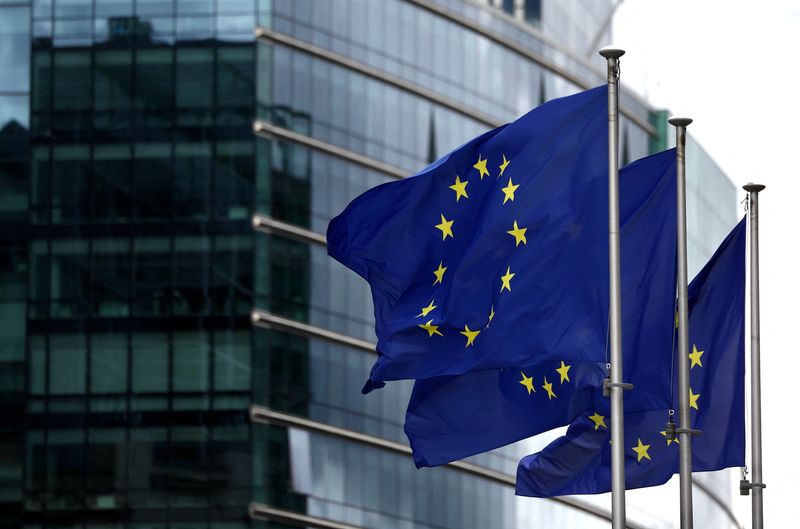BRUSSELS (Reuters) – The European Union’s next long-term budget should focus on fewer programmes and link reforms to investment to help channel EU cash into areas that the EU prioritises, the bloc’s Budget Commissioner-designate Piotr Serafin said.
His remarks came as written answers to questions from the European Parliament, which will have to confirm Serafin for the job in which he will be in charge of the EU’s current 1.27 trillion euro ($1.29 trillion) budget and prepare the next one.
Work on the EU’s 2028-2034 budget has already started as the 27-nation bloc grapples with the costly challenges of transforming its economy to stop emitting CO2, boosting its defence capability and becoming more competitive in new technologies against China and the United States.
“This means a budget that supports European public goods and positive spillover to reach our common goals, notably defence and security, sustainable prosperity and competitiveness, and democracy and social fairness,” Serafin wrote in his answers.
“This requires fewer, more focused programmes, and a plan for each country linking key reforms with investment targeted to where EU action is most needed,” said Serafin, previously Poland’s ambassador to the EU.
Serafin said that because equalising standards of living between various regions of the EU was key for a united Europe, he would focus on a stronger cohesion policy that gives regions a central role on how to spend money.
To make the most of the budget, which is only around 1% of EU GDP, Serafin said the EU would leverage the cash to mobilise much greater private and public funds needed for the transition to a green and digital economy.
“The EU budget must be the driver to leverage private and institutional funding and ensure coherence with national budgets, including via co-financing, to deliver on EU priorities,” Serafin wrote.
To service and gradually pay back some 800 billion euros in joint EU borrowing for the bloc’s post-pandemic recovery, Serafin noted the need to clinch a deal by 2026 on new sources of revenue for the EU before the debt servicing starts in 2028.
Finally the next EU budget must be more flexible, Serafin said, noting the current 2021-2027 budget was poorly prepared to respond to unexpected events like the war in Ukraine, the energy crisis that followed, or disastrous weather events occurring more and more often due to climate change.
($1 = 0.9276 euros)




